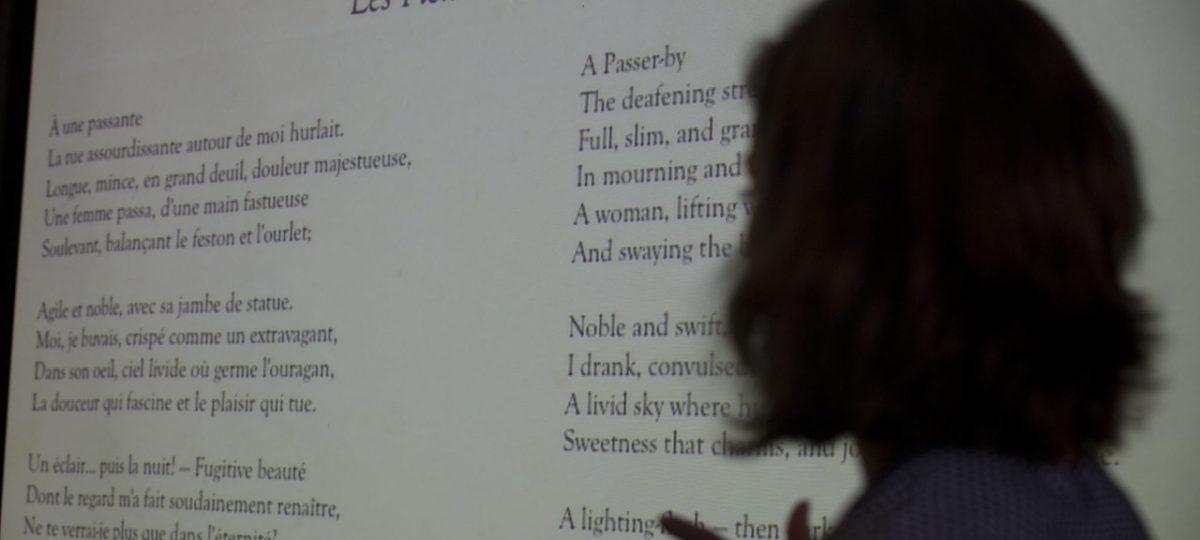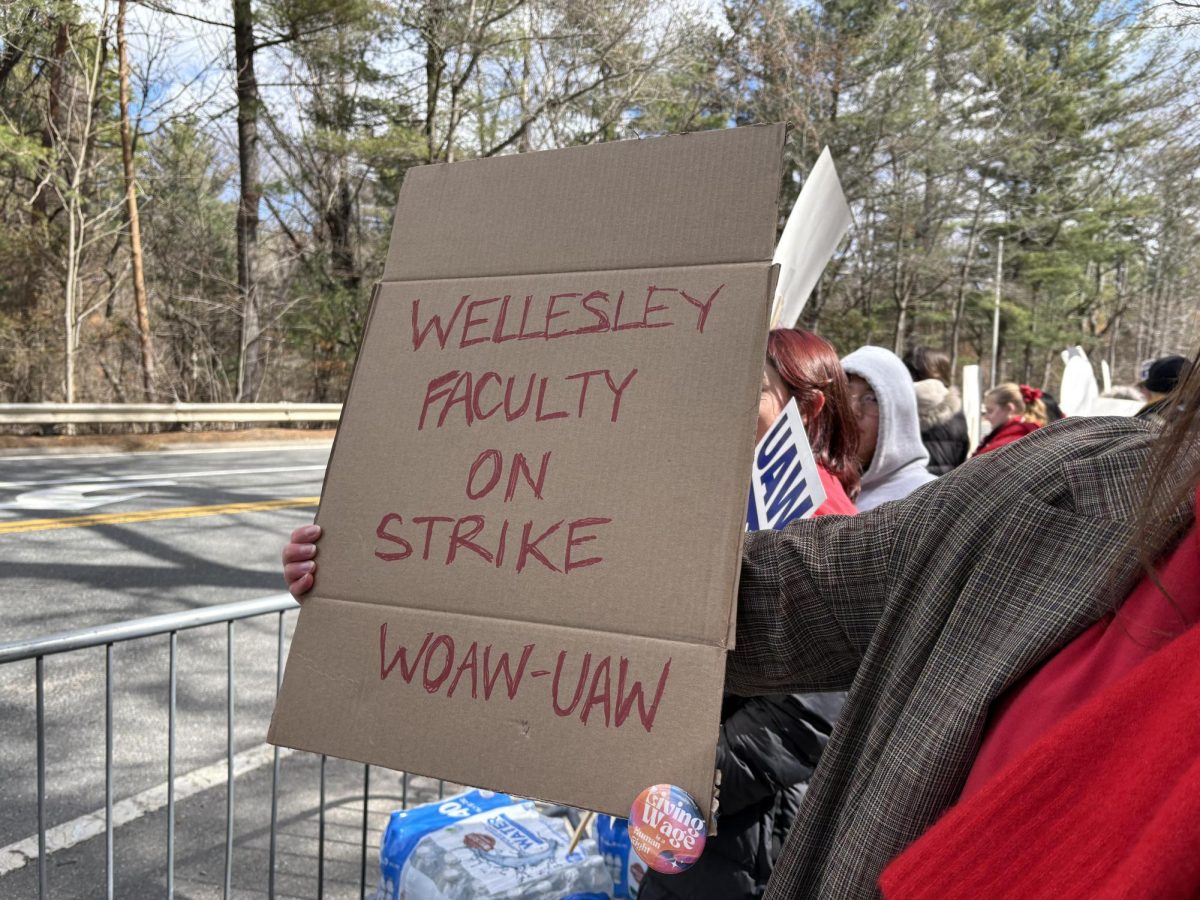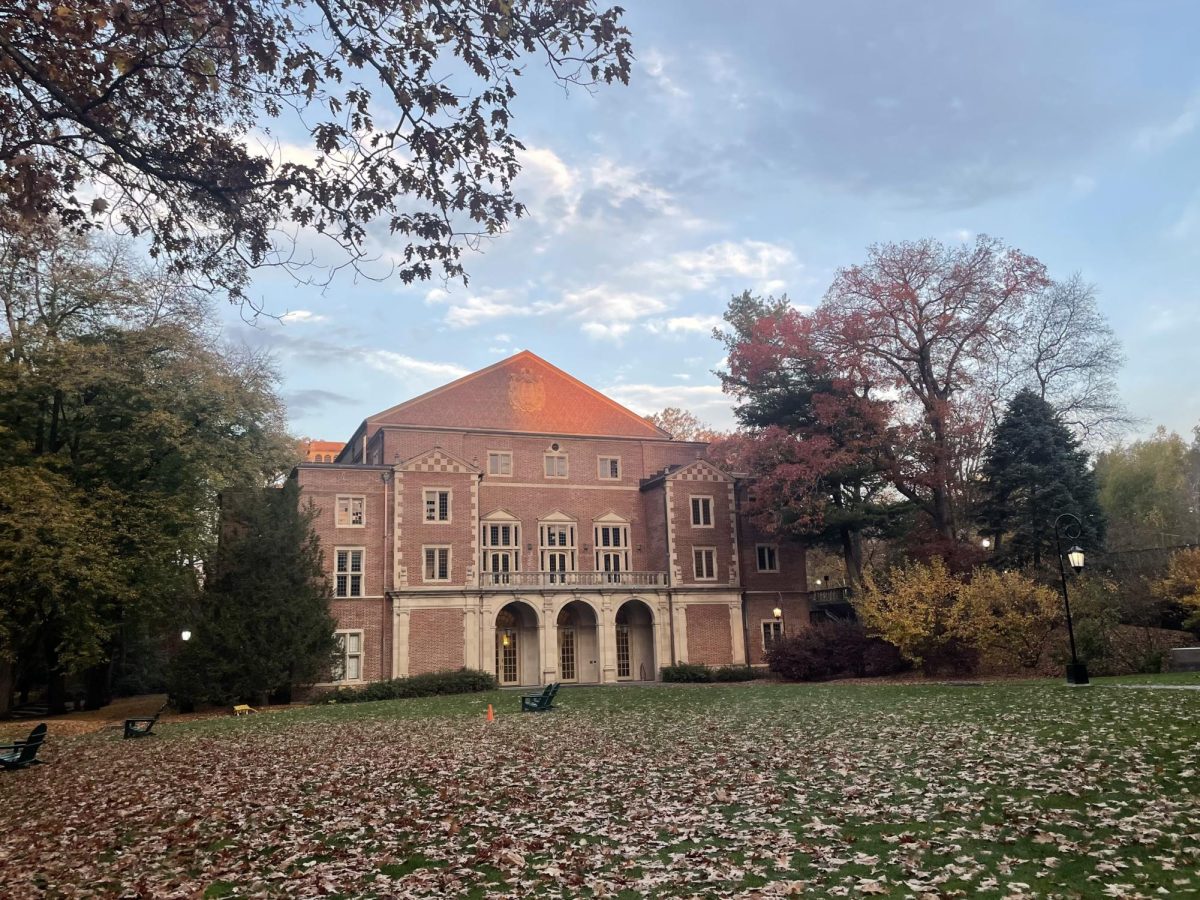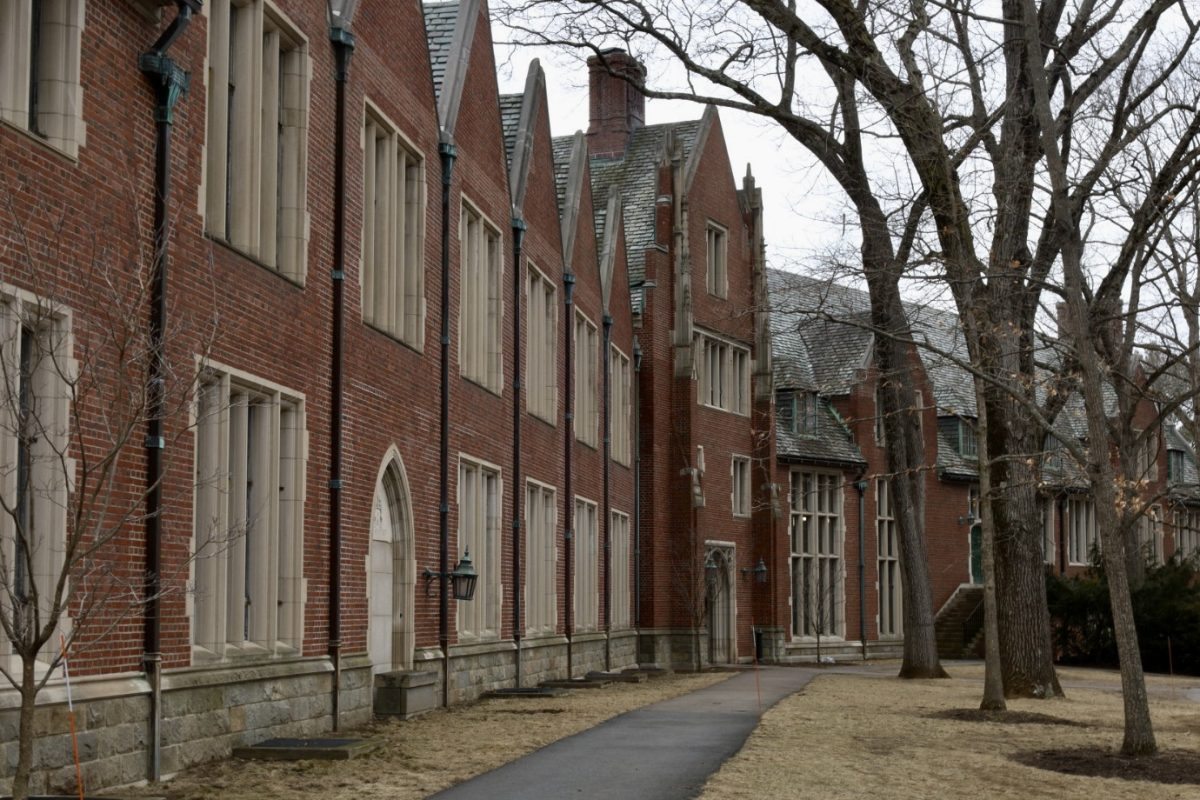The post itself is short, just one of countless others in the Wellesley College Class of 2021 Facebook group. But whereas most posts receive less than a dozen reactions or comments, Katharina Christoph ’21’s Sept. 26 post about navigating thesising during COVID-19 had garnered 80 reactions and 26 comments as of Nov. 25.
“WHAT schedule are we supposed to be on??” one comment reads.
“Yes yes yes it’s a nightmare lol,” said another.
Like many other US colleges and universities, Wellesley offers seniors a chance to write a thesis in order to achieve honors in their degree. Thesising is a massive undertaking even without a pandemic, but this year presents a unique set of challenges for students. For one, many thesising seniors, including Emily Magness ’21, are less capable of accessing important resources.
“Because of COVID, I wasn’t able to leave my house, and all of the archives and libraries that had the documents I needed to look at were closed and stayed closed throughout the summer,” Magness, who is working on a thesis in the history department, said. “I wasn’t able to get anything until late August, early September. I’m still a good three months behind on research.”
While libraries and archives are opening up again for limited service, it is still difficult for Magness to access the materials she needs, as she is unable to visit these sites in person given that she lives off campus. Additionally, Wellesley’s Clapp Library is not processing physical inter-library loans (ILLs) at the moment, and PDF scans accessed through the ILL program usually require a few days’ turnaround time to process, further limiting the accessibility of resources.
Thesis advisors have also needed to be more flexible in how they work with students. This year, biology professor Martina Koniger is advising one thesising student, Ana Zeghibe ’21, who is writing about the way the scientific community has communicated with the public about a new form of biotechnology. Zeghibe’s thesis does not require any work to be done inside a laboratory, something the biology department considered when preparing for this year.
“[The Wellesley administration] basically asked all departments to be flexible and to re-imagine how a thesis could be done,” Koniger said. “The bio department had a meeting, and we were all tossing out ideas of what a thesis might look like to give students the opportunity to at least gain some of the skills that you usually would gain during a thesis.”
Similarly, Beatrice Grauman-Boss ’21 is writing two theses, one in biology and one in political science, and while research for her political science thesis has been largely unimpacted by COVID-19, she cannot access the MIT laboratory that she would normally need in order to perform her research for her biology thesis. As a result, her thesis is now focused on computational biology, and she is currently living off-campus in the Boston area in the event that her laboratory opens up.
“I can’t live on campus because we’re not allowed to commute, and so I basically got stuck in a situation where I had to find an apartment near MIT on the off chance that they’ll suddenly relax the rules and let me go into the lab,” Grauman-Boss said.
Moreover, some thesis writers are calling into question whether they should continue with their thesis work at all. Angela Liu ’21 is working on a math thesis in combinatorics, and her original plan for the year was to attend Wellesley part-time during spring semester and only work on her thesis because she will have finished all her graduation requirements.
“I was originally told that thesising students were going to be allowed to take their thesis class part-time in the spring […] And then I recently found out that they took away that exception,” Liu said. “I’m really thinking about whether I should pay for another full time semester just to complete my thesis class.”
At the end of the day, every thesising experience is unique, highly dependent on a senior’s major and particular advisor. Some communication has been more difficult — multiple interviewees expressed frustration that they could no longer drop by various professors’ offices with quick questions — but in some cases, the prevalence of video chats have made it easier.
“One thing that has been really nice is my advisor for political science is actually almost more available during this time,” Grauman-Boss said. “We can schedule a Zoom meeting instead of me having to come to office hours.”
Generally speaking, however, things are hard. And as for Christoph’s Facebook post, Christoph said and the other class presidents have brought up their concerns with Dean Black, who has promised to relay their message to the provost.






